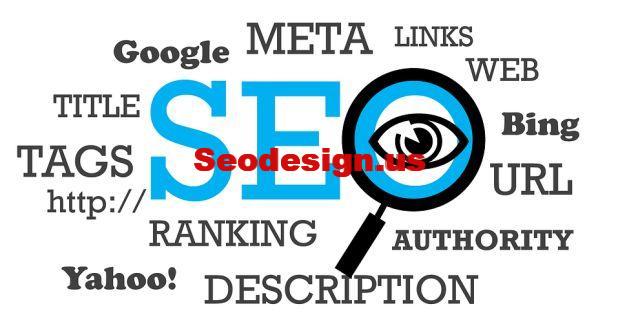The basic principles of search engine optimisation have not changed very much over the past twenty or so years. Of course, the search engines have become more sophisticated, but SEO has continually developed alongside them in order to cater for the changes. From being an arcane art best left to the experts, new tools and greater accessibility have made SEO more easily understandable and executable by all.

Thanks to a range of innovative service providers there really is now no excuse for not engaging in some degree of search engine optimisation. If you want your website to be seen then you really should make an effort to play the game. After all, other parties certainly will be doing so. They include not only rival companies competing with you for the same business opportunities, but also sites that may be spreading inaccurate or even malicious information about your business. In 2018, countering this kind of misinformation is one of the key focuses of SEO that all businesses need to attend to.
Online reputation management
This process is what is known as online reputation management. It comes out of the realisation that a company’s brand is its best asset, and that a name can be very easily tarnished but not so easily restored. The internet has facilitated a remarkable degree of free speech, which is a healthy thing. But it also means that it is difficult for anyone to judge the reliability of the information out there. Put simply, the results that come up first about your company when someone types its name into Google are not always the fairest, the most accurate or the most positive. Online reputation management is a form of SEO that aims to counter this, putting fair and accurate information at the top of the page where it belongs.
Using services like those supplied by ReputationDefender companies can put a more balanced picture out there, countering negative perceptions that may be spread by just a handful of individuals on social media or online review sites. This method of SEO has grown in importance in recent years as more businesses take a proactive approach to handling the way that they are perceived.
Improved tools
Using Google Search Console it’s easy to see the way your website is found and viewed, while keyword explorer tools allow you to find the most effective SEO keywords. Our old friend Google Analytics is becoming ever more sophisticated, and you can also purchase software to optimise and coordinate your e-marketing campaigns.
Quality is king
Google is of course still the world’s number one search engine, and as we all know it constantly updates the formula for its ranking algorithms so that SEO strategy has to keep pace. The search engine giant is getting far better at recognising and rewarding quality content, so providing articles, videos and other features on your site that provide great value for your visitors is more important than ever. This should be original content that is helpful, entertaining or educational, that visitors will value for its own sake.
Of course, content still needs to be promoted, and the best way to do that is still through the appropriate use of links, including writing guest posts on other, preferably high-traffic, sites. The result of this move towards quality is that taking shortcuts to SEO is far less of an option than it used to be. Obvious keyword farming is no longer as effective, and genuinely useful content is now far more likely to be seen. This is progress in the right direction, but it does mean that everyone is going to have to work that little bit harder to genuinely earn their rankings.
Where we are now
Ideally search engine rankings should reflect a meritocracy, where the best and most useful sites rise to the top. Certainly we’re closer to that now than ever before. But there’s still the issue of “clickbait”: sites that promote sensational posts in order to attract visitors. If a site generates a lot of traffic this way (and it can) then it can still get a place on the first page of search results through sheer volume. Google and other providers are working to counter this, but legitimate sites also need to be aware of sensationalist results usurping their own. Finding ways around this is one of the modern uses of SEO.
SEO is becoming more about promoting genuine quality and less about finding shortcuts or “cheats”. It therefore takes more effort but it is also becoming more accessible and actionable by businesses that truly have something worth promoting.





